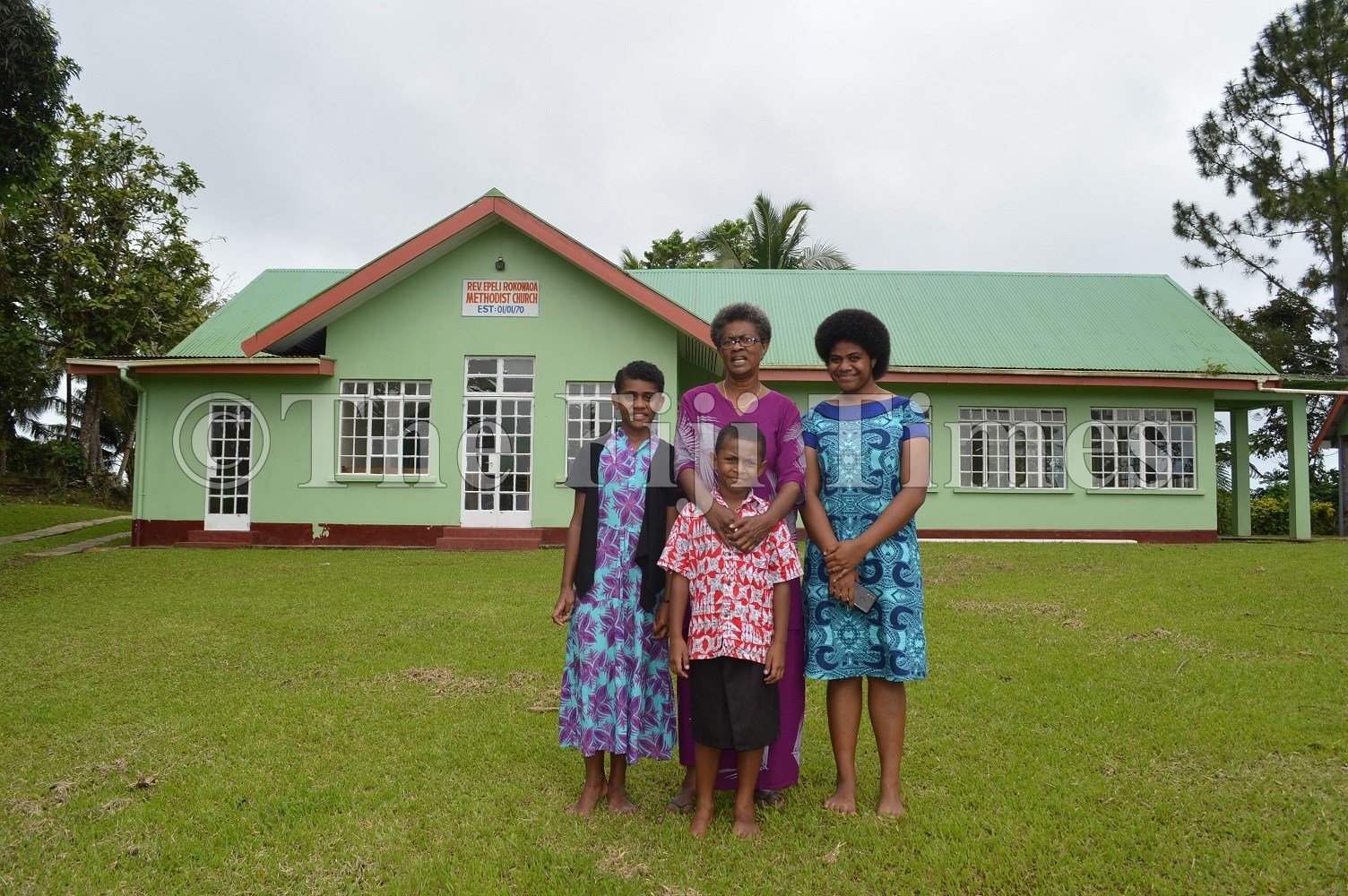This year marks the 50th year the village of Maumi in Tailevu relocated.
The commemoration of their relocation coincided with Fiji’s 50th year of independence.
Maumi is located 21km north-east of Suva. Speaking to this newspaper, Ana Rokowaqa said their elders had to relocate to their new home in 1970.
Ms Rokowaqa, the granddaughter of Fiji’s first historian the Rev Epeli Rokowaqa, said certain problems faced by the elders back then were the reasons for their relocation.
She said before her elders moved, Maumi was just an informal settlement.
“I don’t know why they wanted us to move, but what we gather is that it was done so we could have access to roads,” she said.
Ms Rokowaqa said moving to their current home was something they would never regret.
“In 1987 we didn’t have any electricity, and we also had no water until in the ’90s and this is one of the most rich and blessed villages because we have our own land and we have our own qoliqoli.”
She also highlighted that after numerous discussions among the village elders, they decided to register to become a village.
“When we relocated, everyone stayed on their own piece of land until 2012 when the village elders asked the turaga ni mataqali for a piece of land to be given to the people so we could finally be registered as a village.”
The village, Ms Rokowaqa said, comprised seven clans.
She said they had to divide the mataqali Narewai so they could form the seventh mataqali — Namako — and be registered as a village.
Ms Rokowaqa said they were told of how their elders had to struggle when they first moved. Like many villages, Ms Rokowaqa said water was sourced from the well for their daily use. She recalled in 1987 after she completed high school they were still sourcing water from the same place.
“I finished secondary school in 1987 at Ratu Sukuna Memorial School and we still had no water and no electricity, it came much later.”
Ms Rokowaqa said they discovered minerals believed to be oil in the village but were still waiting for confirmation on this. Ms Rokowaqa regarded their village as a sacred place.
In 2012, she said the villagers got together and were able to build a church named after the late Rev Epeli Rokowaqa.
Ms Rokowaqa said despite the challenges, they managed to enjoy living in a place they now call home.



